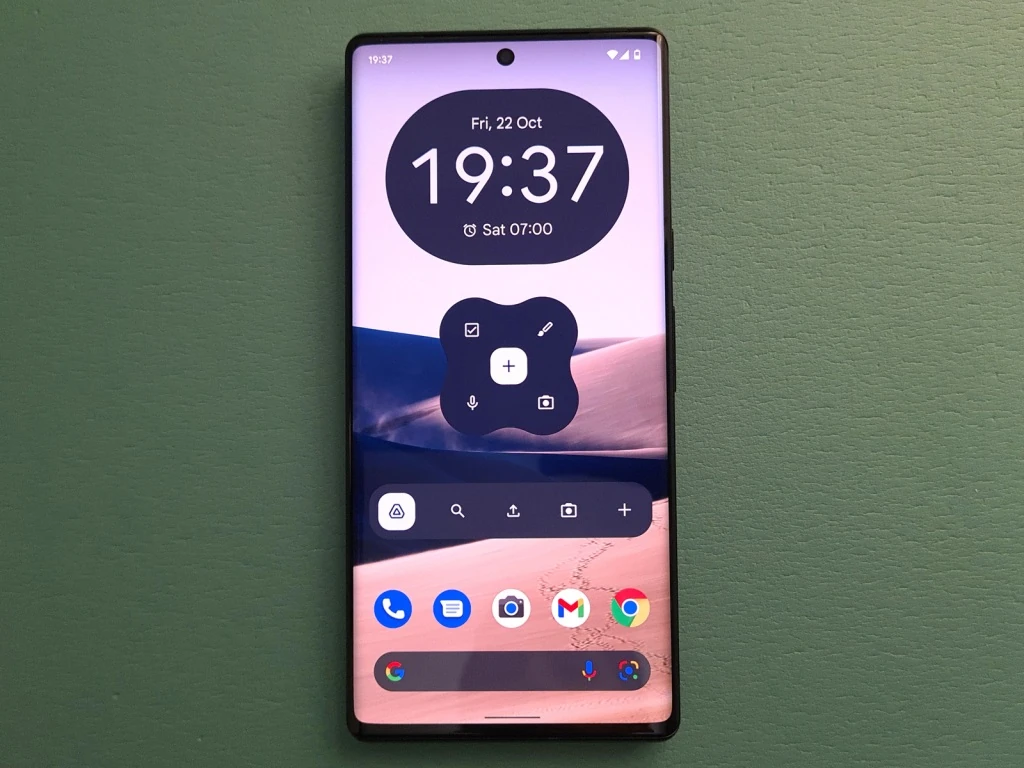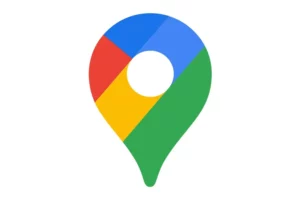A shift in Google’s Android development strategy, the tech giant has unveiled the first developer preview of Android 16, merely weeks after Android 15’s release to Pixel devices. This accelerated rollout represents a significant departure from Google’s traditional release schedule and highlights the company’s commitment to keeping pace with rapidly evolving smartphone technology.
The early preview, announced today, introduces several noteworthy enhancements to Android’s functionality, with a particular focus on privacy-conscious media sharing and healthcare data integration. Android Developer head Matthew McCullough emphasized the strategic importance of this timing shift, stating, “This is the start of Android having more frequent API releases as part of our effort to drive faster innovation in apps and devices.
At the heart of Android 16’s initial preview is an enhanced photo picker implementation, designed to streamline how users share media with applications. This refined system enables developers to embed Android’s native photo selection interface directly within their apps, offering users a more intuitive and secure way to share specific images and videos without granting sweeping access to their entire media library or cloud storage.
The preview also showcases Google’s continued evolution of the Privacy Sandbox, the company’s developing alternative to the traditional Android advertising ID. This implementation represents another step forward in Google’s broader initiative to balance effective mobile advertising with enhanced user privacy protections.
Perhaps most notably, Android 16 introduces expanded capabilities for health data management through an updated Health Connect app. The new APIs support comprehensive medical record integration using the FHIR (Fast Healthcare Interoperability Resources) format, potentially revolutionizing how healthcare applications interact with user data. This development mirrors similar functionality available on Apple’s iOS platform and could mark a significant advancement in mobile health technology integration.
This forward-looking approach to Android’s development cycle appears strategically timed to address one of the platform’s long-standing challenges: the delay between major Android releases and their availability on third-party devices. By moving the development timeline forward, Google aims to ensure that smartphone manufacturers launching new devices in 2025 can offer their customers the latest Android features without the traditional months-long wait.
The accelerated schedule sets an ambitious pace for Android’s evolution, with the first public beta of Android 16 scheduled for January 2025. Industry observers anticipate the final release will coincide with Google’s annual I/O event, typically held in May, where the company traditionally showcases its latest technological innovations and platform updates.
This revised timeline represents more than just a scheduling change; it reflects Google’s recognition of the increasingly competitive smartphone market and the growing importance of timely software updates in maintaining user satisfaction. By reducing the gap between development and deployment, Google is positioning Android to better serve both developers and end-users while maintaining its competitive edge in the mobile operating system landscape.
The introduction of enhanced medical data sharing capabilities particularly stands out as a forward-thinking feature that could have far-reaching implications for healthcare technology integration. By enabling applications to read and write medical records in the standardized FHIR format, Android 16 lays the groundwork for more sophisticated health monitoring and medical data management systems, subject to user consent and privacy controls.
As developers begin exploring the preview release, the full scope of Android 16’s capabilities will likely become clearer in the coming months. The early availability of these development tools suggests that Google is not only accelerating its release schedule but also providing developers with more time to optimize their applications for the platform’s new features.
This proactive approach to platform development, combined with meaningful enhancements to privacy, healthcare, and media sharing capabilities, positions Android 16 as a significant step forward in mobile operating system evolution. As the preview period progresses and more features are unveiled, the true impact of Google’s accelerated development strategy will become increasingly apparent to both the developer community and end-users alike.
















Add Comment